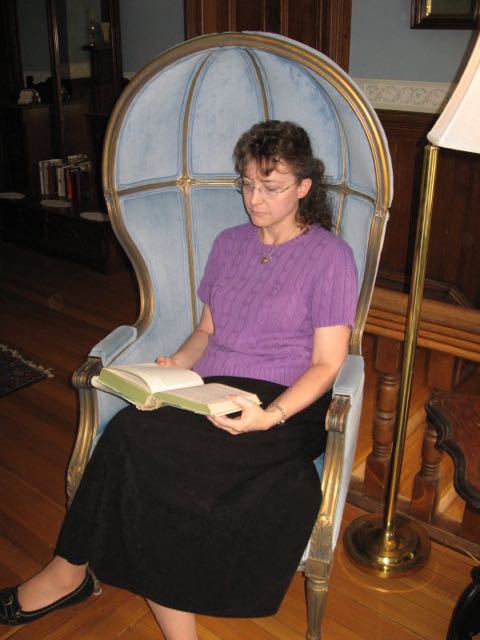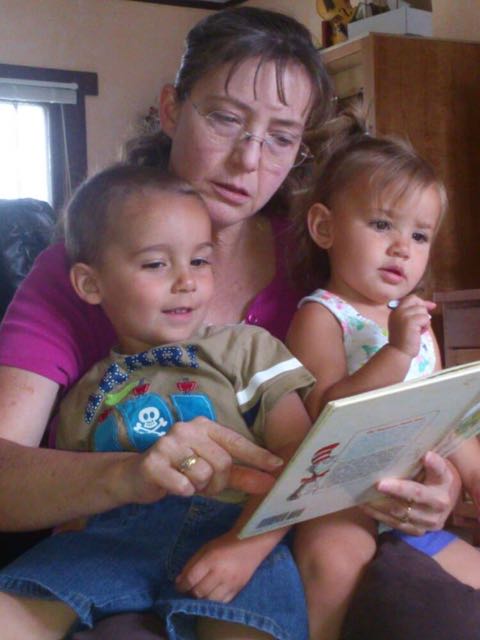The podcast version of this review can be found here.
I don’t know what’s wrong with me, but I like books about people who like reading books!
However, the beginning of this one wasn’t encouraging. Jacobs starts out talking about Mortimer Adler’s How to Read a Book, and I started out thinking, “Oh, no, are we going to have that discussion again?” That book bored me to tears. Twice. Perhaps I’m too arrogant, but I felt like I already knew how to read a book.
By page ten of Jacobs’ book, I was encouraged to continue. “Forget for a moment how books should be read: Why should they be read? The first reason–the first sequentially in the story that follows, but also the first in order of importance–is that reading books can be intensely pleasurable. Reading is one of the great human delights.”

Jacobs is an English professor whose students often ask him for a list of books they should read. He discusses various reasons why he is unwilling to give lists, the first of which just happens to be my reason as well. There is no way to prescribe books for someone else. I refuse to say to anyone else, “I just know you’ll love this book!”
“But there’s a positive counterpart to this negative reason: my commitment to one dominant, overarching, nearly definitive principle for reading: Read at Whim.”
This is his theme. Throughout the book, he quotes many authorities on reading, and also discusses some of the science of what happens to the human brain when reading, or when failing to practice deep attention. He quotes extensively from books and articles others have written about their own style and purpose for reading. But this is his recommendation. Read at Whim.
One of his more interesting points, to me, is how reading on a Kindle helped him restore his ability to concentrate. This book was published in 2011, so he’s obviously talking about an old-style Kindle because he says that what helped him was the fact that there was nothing but the words on the screen and the “Next Page” button.
He talks about silence as a “diminishing natural resource,” the pros and cons of rereading, and the fact that the only way to develop the habit of deep attention is . . . wait for it . . . to practice. Another of his comments I identify with is that he says, “I was twenty years old before I failed to finish a book I had started . . . That day I grieved, feeling that I had been forced from some noble pedestal; but I woke up the next morning with my soul singing.” I too remember when I finally allowed myself that freedom.

Rather than a bibliography, at the end of the book there is “An Essay on Sources,” in which he list his sources in paragraph form. I enjoyed this almost as much as I enjoyed the book, and came away from it with more books added to my “To Read” list. And we all need that, don’t we?
I am not going to tell you that you’ll love this book. I will say that I enjoyed it. Jacobs is scholarly and personable at the same time. He writes as someone who loves to read and wants to share that love with others, not as someone who feels he needs to tell others what to do. So, if you’re looking for a “how-to” book, this isn’t it. If you’re looking for a list of “must-reads,” this isn’t it. If you like reading books about people who like reading books, you might enjoy this one.